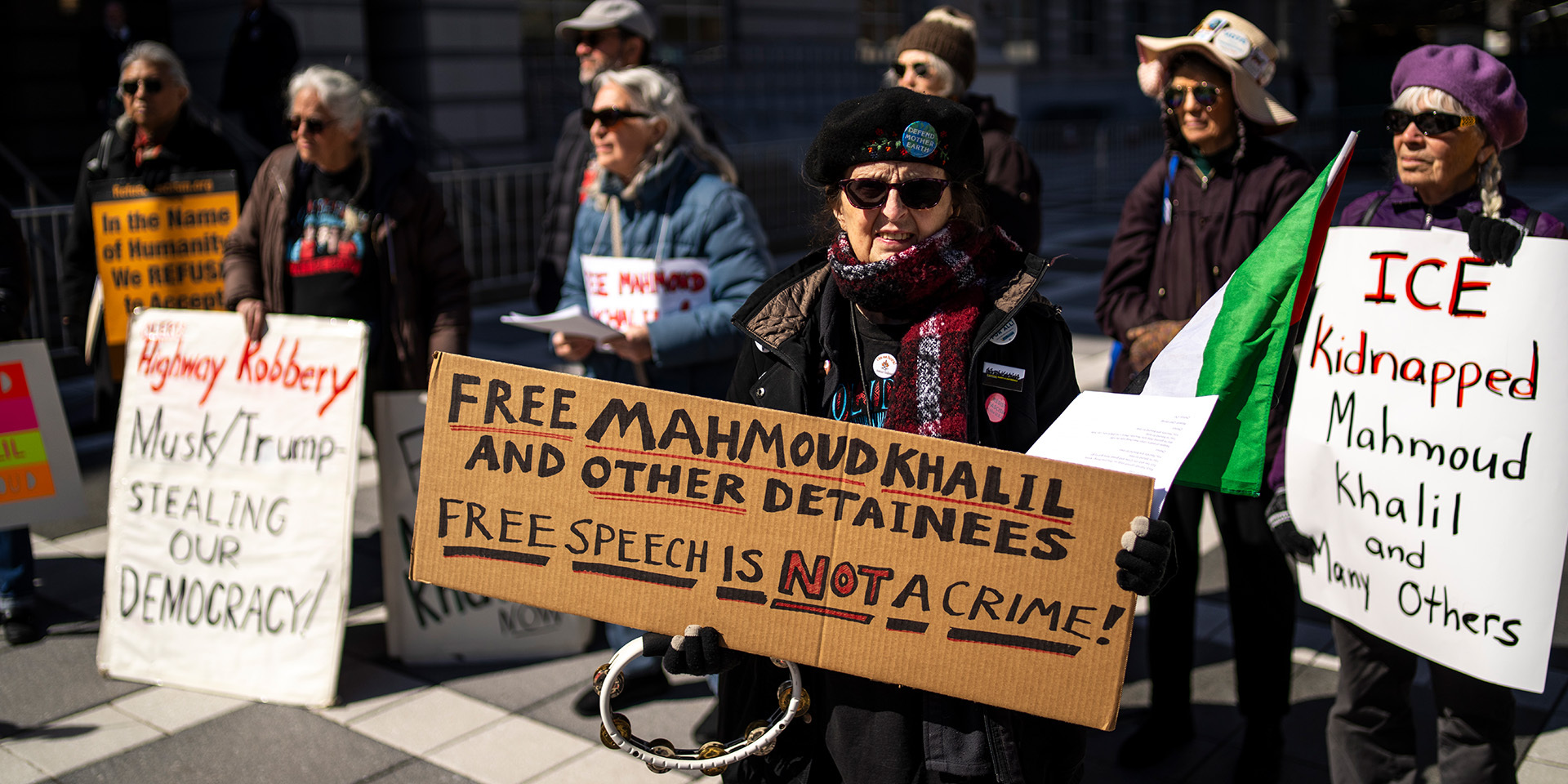The executive order promotes a vague, controversial definition of antisemitism
President Trump’s 2019 executive order, for the first time, mandated the use of a controversial definition of antisemitism, the International Holocaust Remembrance Alliance (IHRA) definition, including its “contemporary examples.” The IHRA definition and its examples were designed to be an educational tool, not a trigger for anti-discrimination charges. The IHRA antisemitism definition examples include repulsive and combative, yet First Amendment-protected speech, such as Holocaust denial and allegations of dual loyalty. The definition also extends to some forms of criticism of the state of Israel or policies of its government — thereby blurring the distinction between an allegation of antisemitism that triggers a Department of Education anti-discrimination charge and lawful criticism of Israel’s policies or government. Criticism of Israel — even harsh criticism — is not inherently antisemitic. Political protests and the right to criticize government policies are essential components of our democracy. The mandate to use the IHRA definition of antisemitism was chosen by the Trump administration as a tool by which it could restrict or punish speech and lawful pro-Palestinian activities it dislikes.
The Department of Education has been enforcing Title VI anti-discrimination provisions to address antisemitism for more than a decade
Title VI of the Civil Rights Act of 1964 prohibits discrimination by recipients of federal funding from discriminating on the basis of race, color or national origin — this includes PK-12 and higher education institutions. In 2010, the Department of Justice determined that Title VI extends to students who experience discrimination or harassment based on their actual or perceived shared ancestry or ethnic characteristics — including Jews, Muslims, Sikhs, and others.
Violations of Title VI can result in a loss of federal funding to noncompliant programs, following a hearing and other statutorily required procedures. The SPLC is gravely concerned that the IHRA definition’s vague language could be interpreted to treat certain criticism of Israel as antisemitic, which could then result in schools unfairly censoring constitutionally protected political speech by students and faculty that merely criticizes the policies or practices of Israel. The chilling effect could lead to significant consequences and limitations upon academic research and discussion.
The executive order rolls back previously used tools to combat antisemitism
The order is harshly critical of the Biden administration’s “failure to fight anti-Semitism,” while ignoring that administration’s extensive work, including the 60-page May 2023 National Strategy to Counter Antisemitism, the Justice Department priority elevation of hate crime enforcement as a highest-level national threat priority, unprecedented hate crime prevention funding, and robust work by the Office for Civil Rights (OCR) to address antisemitism within its “shared ethnic characteristics” Title VI enforcement. For example, during the Biden administration, the federal government invested a record $38 million in hate crime training and prevention grants and pursued about 140 Department of Education OCR investigations on shared ethnic characteristics, which includes campus antisemitism investigations. These and other efforts resulted in record-high investigations and resolutions involving charges of antisemitism — without imposing a speech-restricting definition of antisemitism.



